Lectiure by Gregory Bateson.
Category: neuroscience – Page 583
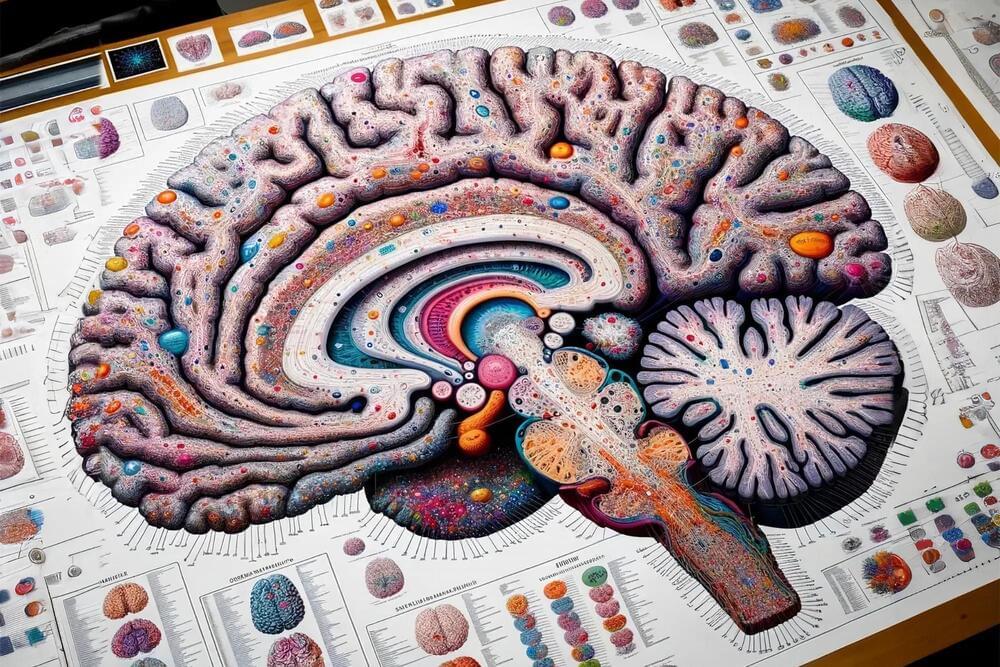
Mapping the Mind: Decoding Neuropsychiatric Disorders With the Human Brain Cell Atlas
Researchers map gene switches and brain cell types associated with schizophrenia, bipolar disorder, Alzheimer’s.
Alzheimer’s disease is a disease that attacks the brain, causing a decline in mental ability that worsens over time. It is the most common form of dementia and accounts for 60 to 80 percent of dementia cases. There is no current cure for Alzheimer’s disease, but there are medications that can help ease the symptoms.

Vaping and Chronic Stress: Scientists Discover Worrisome Connection
According to a study recently presented at the European Respiratory Society International Congress in Milan, Italy, young people who have used e-cigarettes are more than twice as likely to report experiencing chronic stress.
The study was presented by Dr Teresa To, a senior scientist at The Hospital for Sick Children (SickKids) in Toronto, Canada. She said: “Research is starting to show how vaping affects young people’s physical and mental health. For example, our previous research has shown that those who vape are more likely to suffer an asthma attack. In this study, we were particularly interested in the relationship between vaping, mental health, and quality of life among young people.”

Alzheimer’s Is Linked to Stress And Depression, And We May Know Why
Dementia affects more than 55 million people around the world.
A number of factors can increase a person’s risk of developing dementia, including high blood pressure, poor sleep, and physical inactivity.
Meanwhile, keeping cognitively, physically, and socially active, and limiting alcohol consumption, can reduce the risk.
Recently, a large Swedish study observed that chronic stress and depression were linked to a higher risk of developing Alzheimer’s disease, the most common form of dementia. The researchers found people with a history of both chronic stress and depression had an even greater risk of the disease.
Globally, around 280 million people have depression, while roughly 300 million… More.

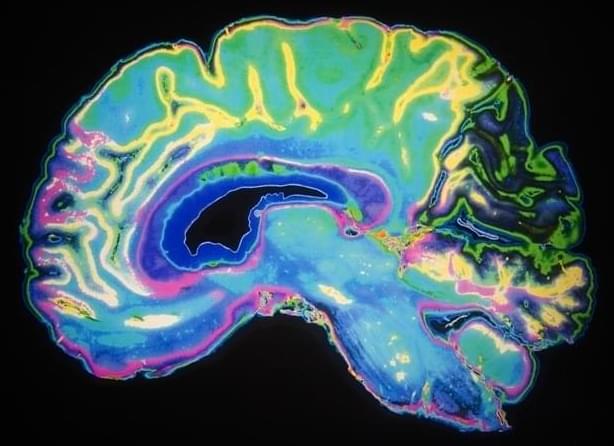
Digital Twin Brain: A bridge between biological and artificial intelligence
Recent developments in neuroscience and brain-inspired artificial intelligence have opened up new possibilities in understanding intelligence. Now, a research team led by Tianzi Jiang at the Institute of Automation of the Chinese Academy of Sciences has outlined the key components and properties of an innovative platform called the Digital Twin Brain, which could bridge the gap between biological and artificial intelligence and provide new insights into both. This research was published Sept. 22 in Intelligent Computing, a Science Partner Journal.
Network structure is something that biological and artificial intelligence have in common. Since the brain consists of biological networks, a digital model or “twin” of the brain built using artificial networks would allow researchers to feed knowledge about biological intelligence into the model. The ultimate goal is to “propel the development of artificial general intelligence and facilitate precision mental healthcare,” a feat calling for joint efforts from interdisciplinary scientists worldwide.
Using the Digital Twin Brain, researchers could explore the working mechanisms of the human brain by simulating and modulating the brain in different states for various cognitive tasks. For example, they could simulate how the brain functions properly in a resting state and how it malfunctions in disorders, or develop methods to shift it away from an undesirable state by modulating its activity.
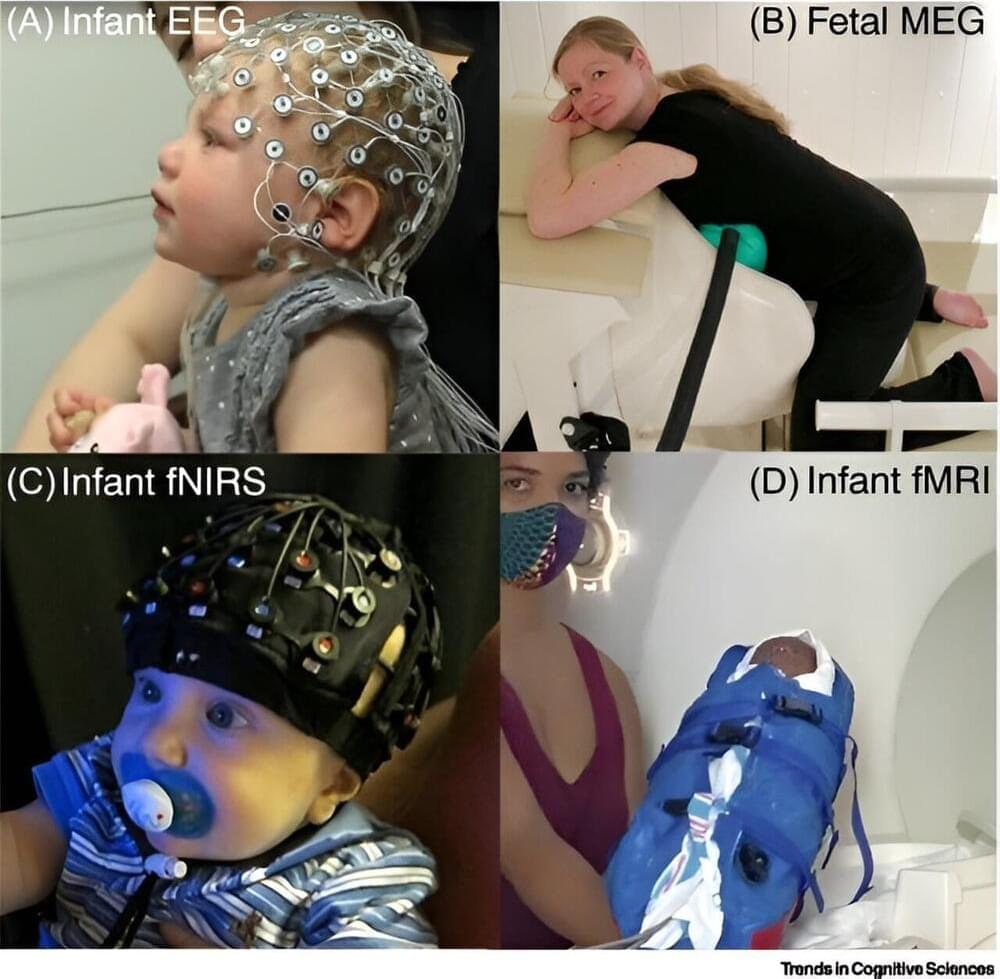
New research sheds fresh light on mystery of infant consciousness
There is evidence that some form of conscious experience is present by birth, and perhaps even in late pregnancy, an international team of researchers from Trinity College Dublin and colleagues in Australia, Germany and the U.S. has found.
The findings, published today in Trends in Cognitive Science, have important clinical, ethical and potentially legal implications, according to the authors.
In the study, titled “Consciousness in the cradle: on the emergence of infant experience,” the researchers argue that by birth the infant’s developing brain is capable of conscious experiences that can make a lasting imprint on their developing sense of self and understanding of their environment.

Multiple sclerosis: How blocking central T cells may help treat MS
It might be possible to stop or slow the autoimmune progression of multiple sclerosis (MS) by deleting a receptor in the central nervous system, according to a study published today in the journal Science Immunology.
Using mouse models, researchers reported that deleting a receptor that selectively targets a specific type of T cells stopped them from entering the central nervous system while allowing other T cells to penetrate and protect the body from pathogens.
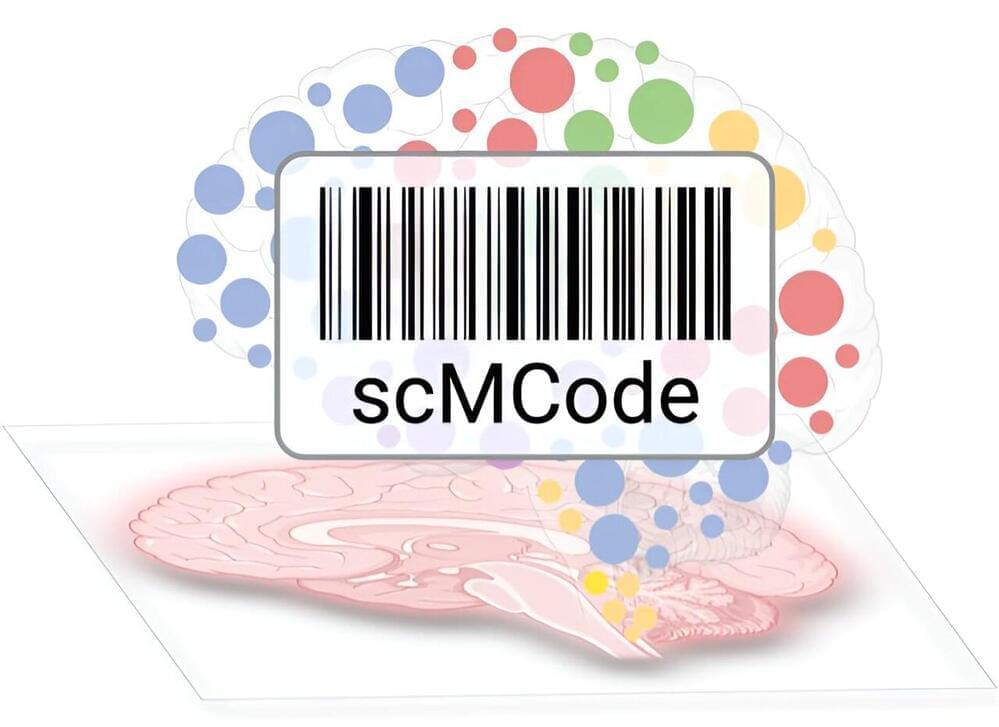
A new era in brain science: Researchers unveil human brain cell atlas
Salk Institute researchers, as part of a larger collaboration with research teams around the world, analyzed more than half a million brain cells from three human brains to assemble an atlas of hundreds of cell types that make up a human brain in unprecedented detail.
The research, published in a special issue of the journal Science on October 13, 2023, is the first time that techniques to identify brain cell subtypes originally developed and applied in mice have been applied to human brains.
“These papers represent the first tests of whether these approaches can work in human brain samples, and we were excited at just how well they translated,” says Professor Joseph Ecker, director of Salk’s Genomic Analysis Laboratory and a Howard Hughes Medical Institute investigator. “This is really the beginning of a new era in brain science, where we will be able to better understand how brains develop, age, and are affected by disease.”
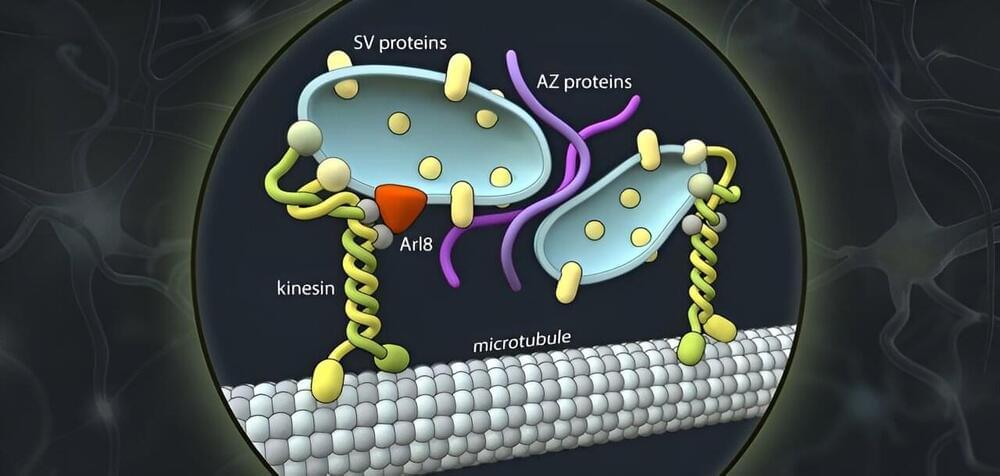
Mechanism decoded: How synapses are formed
Whether in the brain or in the muscles, wherever there are nerve cells, there are synapses. These contact points between neurons form the basis for the transmission of excitation, the communication between neurons. As in any communication process, there is a sender and a receiver: Nerve cell processes called axons generate and transmit electrical signals thereby acting as signal senders.
Synapses are points of contact between axonal nerve terminals (the pre-synapse) and post-synaptic neurons. At these synapses, the electrical impulse is converted into chemical messengers that are received and sensed by the post-synapses of the neighboring neuron. The messengers are released from special membrane sacs called synaptic vesicles.
As well as transmitting information, synapses can also store information. While the structure and function of synapses are comparably well understood, little is known about how they are formed.